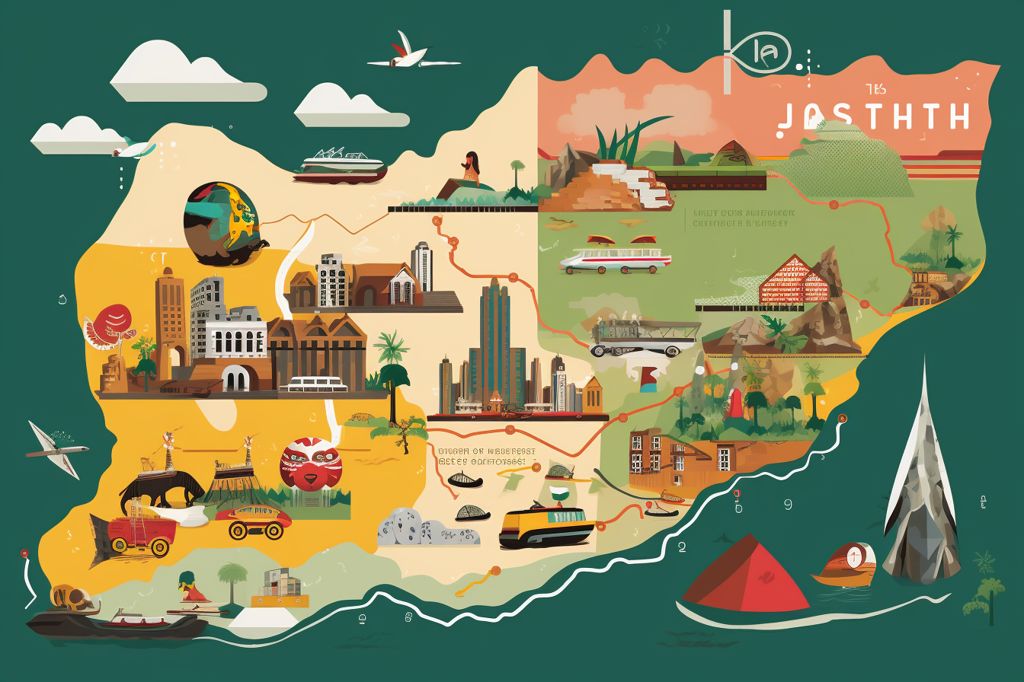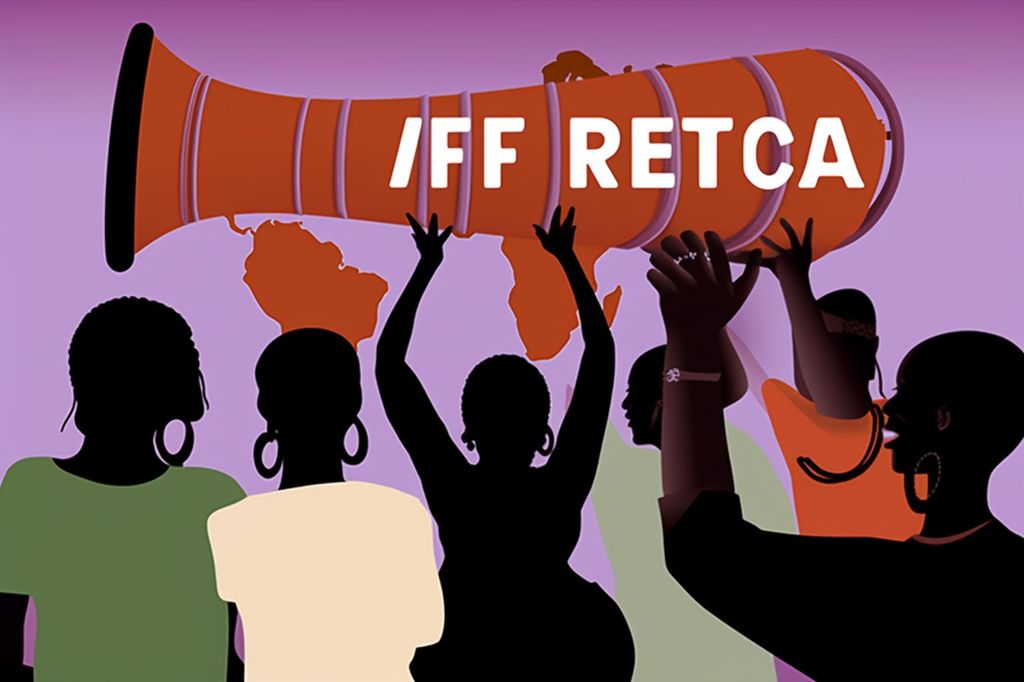South Africa ranks 69th out of 180 countries in Transparency International’s 2021 Corruption Perceptions Index. Corruption in government institutions is a pervasive problem that undermines public trust and diverts resources from important public services. The Gauteng MEC’s celebration of the arrest of a corrupt official is a small but significant step towards combating corruption in the country.
The Gauteng Department of Roads and Transport and Corruption Allegations
The Gauteng Department of Roads and Transport has been plagued by allegations of corruption for years. A scandal involving the payment of bribes to secure tenders for road construction projects erupted in 2018. The Gauteng MEC has made it clear that corruption will not be tolerated in her department, and has vowed to hold corrupt officials accountable for their actions.
The Significance of the Arrest
The arrest of the corrupt official is a victory not only for the Department of Roads and Transport but also for the people of Gauteng. It sends a clear message that corruption will not be tolerated in government institutions. The Gauteng MEC is committed to eliminating corruption in the province, which is a positive sign that the government is taking steps to address this pervasive problem. Corruption in government institutions erodes public trust, undermines the rule of law, and diverts resources from important public services.
The Need for Collaboration
The Gauteng government cannot tackle corruption alone. It requires the cooperation of law enforcement agencies, the private sector, civil society, and the public. The Gauteng MEC has called for partnerships with law enforcement agencies, which is an essential step towards addressing corruption in the province.
Addressing Corruption in Society
It is crucial to note that corruption is not just a problem in government institutions. It is prevalent in the private sector, civil society, and among individuals. Addressing corruption requires a comprehensive approach that involves all stakeholders in society.
The Gauteng MEC’s celebration of the arrest of a corrupt roads official is an essential step towards restoring public trust in government and promoting transparency and accountability in the public sector. However, it is only the beginning, and much more needs to be done to combat corruption in South Africa. The fight against corruption requires the collaboration of all stakeholders in society to achieve lasting change.












